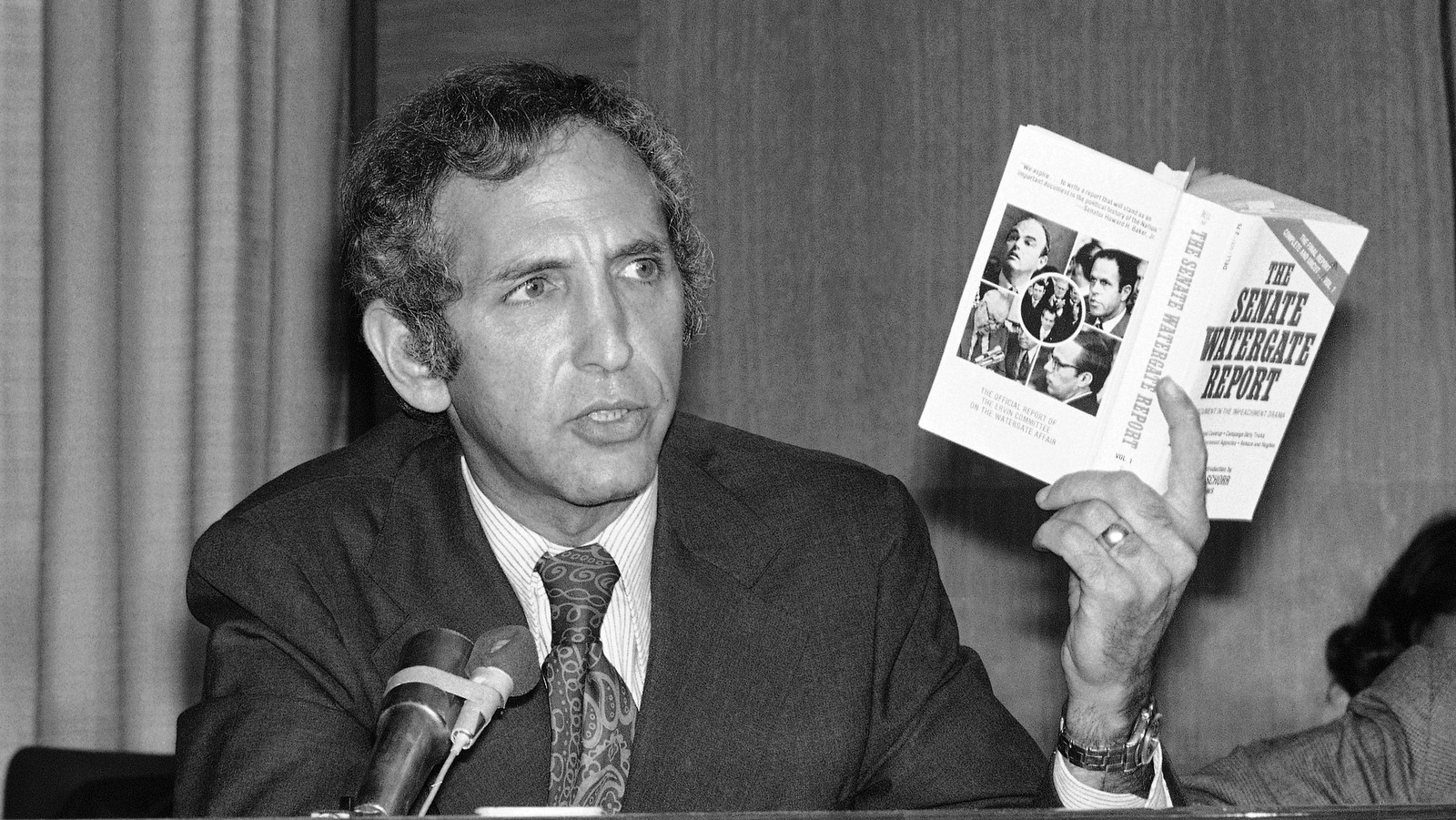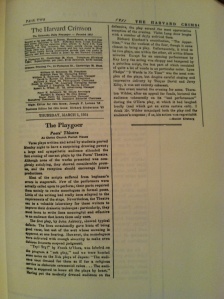
Thanks to the big story of the moment — the revelations by Edward Snowden about the NSA’s surveillance program — the quintessential whistleblower and leaker of government secrets, Daniel Ellsberg, of Pentagon Papers fame, has been much in the news the past couple of weeks. In a piece in the Guardian on June 10, Ellsberg himself wrote
In my estimation, there has not been in American history a more important leak than Edward Snowden’s release of NSA material – and that definitely includes the Pentagon Papers 40 years ago. Snowden’s whistleblowing gives us the possibility to roll back a key part of what has amounted to an “executive coup” against the US constitution.
That’s quite a statement coming from the person responsible for the Pentagon Papers.
What does Ellsberg have to do with the New York School of poets, you might be wondering? Well, not a whole lot. But seeing Ellsberg in the news so much these past few weeks reminded me of one of those strange literary “six degrees of separation” moments which bring together incongruous famous people (not quite as great as the fact that Edward Gorey and O’Hara were roommates in college, or that Samuel Beckett used to give a young Andre the Giant rides to school, but still…).
Half a century ago, Daniel Ellsberg, of all people, wrote a review for the Harvard Crimson of an evening of one-act plays that included Ashbery’s Everyman and O’Hara’s Try! Try! at the Poets Theatre in Cambridge.
Ellsberg was an undergraduate at Harvard, and on the night of February 26, 1951, he was in the audience along with Thornton Wilder, Archibald MacLeish, Robert Bly, Richard Wilbur, and other Harvard literary types. He filed a mostly positive review of the evening, although he did complain that “none of the works presented was completely satisfying” and that “most of the scripts suffered from beginner’s errors in stagecraft.” He felt Ashbery’s play “showed typical defects” and that “the lines occasionally gave hints at being good verse, but not of the sort whose meaning is apparent at one hearing.”
He noted that O’Hara’s Try! Try! “earned the most appreciative reception of the evening.” (As I mentioned a couple weeks ago, O’Hara’s play was recently given a staged reading in New York).
Ellsberg also relayed an odd, amusing anecdote:
One event marred the evening for some. Thornton Wilder, after an appeal for funds, lectured the audience vehemently on its ‘bad performance’ during the O’Hara play, at which it had laughed loudly (and which got an extra curtain call). I think Mr. Wilder misjudged both the play and the audience’s response; if so, his action was regrettable.
Brad Gooch’s biography of O’Hara, City Poet, offers a colorful account of the evening, including Wilder’s rather bizarre rant (“As Richard Wilbur recalls, ‘Archie MacLeish, who was seated next to me and had given a number of guffaws, muttered to me ‘I think Thornton’s gone a little off his trolley'”) (p. 180-1).
Thanks to Wikipedia (I know, I know), I also just learned two other interesting facts: first, Ellsberg’s dramatic turn against the Vietnam War in the 1960s came after a revelation he had while attending an anti-war event at my alma mater, Haverford College: “He experienced an epiphany attending a War Resisters League conference at Haverford College in August 1969, listening to a speech given by a draft resister named Randy Kehler.” Ellsberg later recalled that “If I hadn’t met Randy Kehler it wouldn’t have occurred to me to copy [the Pentagon Papers].”
And second, another intriguing connection between Ellsberg and American poetry: an important influence on Ellsberg’s change of heart regarding the Vietnam War and on his decision to act against it was the poet Gary Snyder “whom he’d met in Kyoto in 1960, and with whom he’d argued about U.S. foreign policy; Ellsberg was finally prepared to concede that Gary Snyder had been right, about both the situation and the need for action against it.”
So, I guess what I’m saying is that this proves once and for all that there is a straight line running from O’Hara, Ashbery, and the Poets Theatre to Edward Snowden and the NSA scandal.
No, not really — but the story does give us a chance to revisit the tiny chapter of poetic history where Daniel Ellsberg and the New York School poets collided, in the basement of Christ Church Parish House in Cambridge, MA, in 1951.



